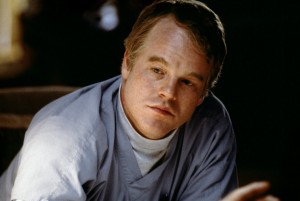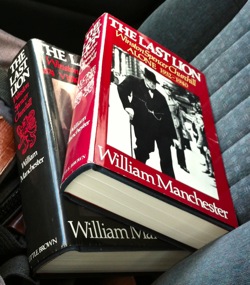When I was a sophomore in high school, I tried out for the cross country team. My best friend was a star runner and I thought I could give it a try. What could be so hard about running a couple of miles?
It wasn’t pretty. I became the team manager instead.
Since then my running career—currently on hold due to plantar fasciitis—has had as many stops and starts as my career as a Celebrated and Famous Blogger. And as successful. Every January or so I push forward with great energy. By March the distance between posts lengthens, and they all but disappear come June.
What happened this summer? Have I replaced writing with surfing or crocheting? No. It only seems that way. I’m actually writing more but just not for the moment for the blog.
My writing priorities are four:
1) Sermons – My day job has me delivering a “4000 word essay” weekly. This will always be my priority.
2) Books – I have two books in various stages, which I’ve detailed here and here.
3) Craft – I feel a need to work on my writing as a craft. Some have suggested I write fiction (which is not happening). Others have challenged me to write something funny (harder than it sounds). Most of these projects will never be shared publicly but they allow me to work at the craft of writing which is important.
4) This blog – For this I generate two or three ideas/week, most of which live in a pile where they ordinarily go to die. A friend once encouraged me to just “let ‘er rip” or some such counsel for blog posts. I’ve never been able to do that. Even this one, as I type, is in need of revision and proofing. (I hear that Toni Morrison was famous for “re-writing.” That’s it. Toni Morrison and I, you see, share a lot in common.)
For several months I’ve been focusing my non-sermon writing hours on the Something Worthy Living For book. I’ve completed the first draft and now am in the process of revision. I’ve dangled the proposal before three publishers and though one expressed some initial interest, all three have chosen not to pick it up. A widely admired author and professor (who must at this point go unnamed) told me that I have written a “beautiful book” which buoyed me wonderfully. He then sent a dozen pointed corrections and suggestions which at first unnerved me until I realized that he had read it closely (a great honor) and had taken pains to help me make it better. He is writing to his publisher to encourage them to consider taking an interest in it. There is hope yet.
In the meantime, life goes on. We’ve done what others do in the summer. We went camping with the family and had a short trip to St. Louis. I’ve read mystery novels and thrillers by David Baldacci and Elmore Leonard, science fiction by Ted Chiang and Blake Crouch, non-fiction by David Brooks, a child’s book by the wonderful Kate DiCamillo, and the most enjoyable book I’ve read in some time, A Gentleman in Moscow by Amor Towles. And I’ve changed my writing schedule which may allow more blog posts to see the light of day.
I never quite became the runner I set out to be that day I tried out for the cross country team. But I’ve not stopped running. Nor writing.






 And so I waited. And waited. And waited.
And so I waited. And waited. And waited.